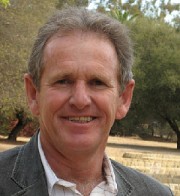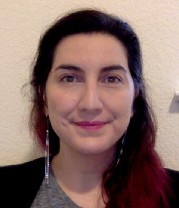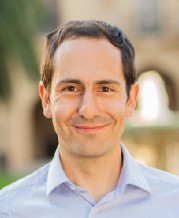Study Overview
Our objective is to use HCP protocols to acquire and make public a large dataset of imaging, behavioral, and symptom data from patients with disordered emotional states. We will also develop and make public new methods for examining how connectome disorganization gives rise to these disordered states at the level of the individual patient.
Psychopathology arising from enhanced negative emotion or from the loss of positive emotional experience affects over 400 million people globally. Such states of disordered emotion cut across multiple diagnostic categories and are compounded by accompanying disruptions in cognitive function. Not surprisingly, therefore, these forms of psychopathology are a leading cause of disability.
Specific Aims:
- Use the HCP protocols to acquire multi-modal data for 300 people aged 18-35 years of age who are experiencing varying degrees of acute threat, loss of reward valuation/responsiveness, and difficulties in working memory.
- Elucidate the nature of the relations among connectomes, symptoms, and behavior based on networks related to the RDoC constructs of interest.
- Develop data-driven, machine-learning methods to discover how connectomes for these constructs combine together to form naturally organized clusters of people.
Project Timespan: July 1 2017 - March 31 2022
Investigators
Study Protocol Overview
Data Being Collected
- Standard HCP Demographics
- Imaging: We will match subject age ranges, scanning protocols, and scan tasks to the HCP Young Adult project, plus three additional task scans. Data will be collected on a GE scanner, and we have collaborated with other GE-scanning projects to achieve high comparability across GE scanners.
- Behavioral: The cognitive battery contains similar tests to those found in the HCP Young Adult project, plus those specific to depression and anxiety.
- Clinical: Saliva samples are collected and in exploratory analysis focus on consideration of gene associated with neuroimaging-behavior constructs, informed by our own prior work (e.g. COMT, BDNF, 5HTTLPR, MAO), the extant literature, and any new developments in the field.
- Longitudinal: Each participant will receive a phone screening to determine eligibility, an in-person baseline assessment, and a 12-month follow-up by phone.
Cohort Description
Participants will comprise 300 subjects between the ages of 18-35. 50 of these will function as a healthy control.
Data Release Plans
We plan to release data biannually throughout the lifespan of the grant.














